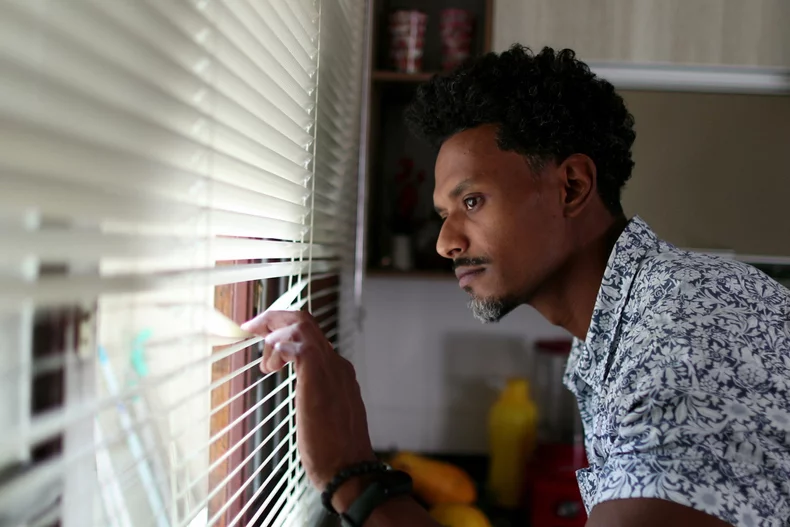Paranoia is an irrational belief that you are in danger or that people want to harm you, even if there is no evidence to suggest that. Paranoia amplifies your fears, making you believe the world is an unsafe place. It can cause trust issues and profound suspicion about those around you, even your closest loved ones.
While TV and movie scriptwriters frequently use paranoia to comedic effect, this condition is no laughing matter in real life. It’s extremely disruptive to your relationships and other aspects of your daily responsibilities.
Symptoms of Paranoia
The symptoms of paranoia can include:
- Being defensive, hostile, thin-skinned or easily offended
- Having trouble relaxing, trusting other people, forgiving transgressions or accepting criticism
- Assuming everyone is looking at you or talking about you behind your back
- Seeing threats or double meanings where none exist
- Having suspicions that seem unreasonable to everyone else
- Believing government officials are targeting or controlling you
Causes of Paranoia
The leading cause of paranoia is drug abuse. Substances like marijuana, cocaine, methamphetamines and alcohol can make people paranoid while they are under the influence and as a withdrawal symptom. Since drug use influences mood and behavior, the paranoia you experience when you are high or drunk can be much more challenging to control.
If you have an existing condition like anxiety or depression, drugs can exacerbate your mental illness. In some people, substance use triggers a psychiatric disorder with clinical paranoia as a symptom.
Other factors that may cause or worsen paranoia include the following.
- Mental health challenges: Paranoia can be a symptom of anxiety disorders. When you go out in public, you may worry that other people are watching you or judging your appearance. Or, you could mentally dissect every conversation you have, wondering if you said anything someone else might take the wrong way. If you have extreme paranoia, your doctor might diagnose you with schizophrenia or borderline personality disorder.
- Sleep deprivation: Many people have inconsistent sleep schedules that cause them to be fatigued and unfocused the next day. While a single night of tossing and turning probably won’t cause paranoid thoughts, chronic sleep deprivation can take a toll.
- Stress: Stress has various ill effects on your physical and mental health, including making you suspicious and mistrustful of those around you.
- Memory loss: Paranoia often accompanies cognitive decline such as dementia. As the parts of the brain that control memory and decision-making deteriorate, someone with a condition such as Alzheimer’s disease may start hiding their valuables or become convinced their caregivers have malicious intentions.
Let Us Help You Reset Your Life
Occasionally feeling paranoid or worrying about what others think about you doesn’t necessarily mean you have a psychiatric disorder. The ability to tell when your thoughts aren’t rational is a sign of mental stability. However, if you’re losing touch with reality or paranoic behavior is starting to interfere with your relationships or work, speak to your general practitioner or a psychiatrist.
If substance abuse has worsened your mental health by making you paranoid, you can turn your life around with professional treatment. At New Found Life, we offer an evidence-based continuum of care to help our clients end their dependence on drugs or alcohol and achieve lasting recovery. We are always here when you’re ready to talk to someone about your struggles.

